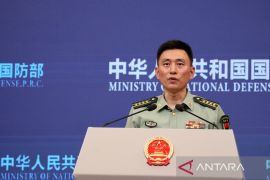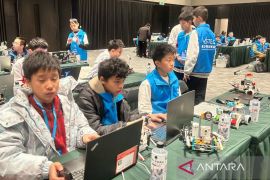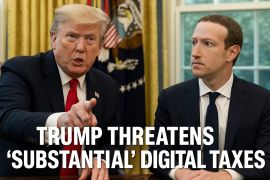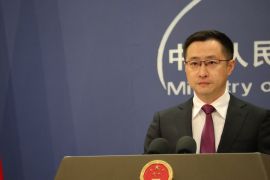Jakarta (Antara Megapolitan-Bogor) - China and Indonesia have their own maritime ambitions. If Beijing has the Belt and Road Initiative, Jakarta has a global maritime fulcrum that President Joko Widodo mentioned during his inaugural speech as Indonesia's seventh president.
To clarify this vision, the Indonesian Government has published a 53-page White Paper (Agastia, 2016), while China described its ambition in a document titled the "Vision and Actions on Jointly Building Silk Road Economic Belt and 21st-Century Maritime Silk Road (2015)."
Apart from the written documents that the two countries have published to highlight all the necessary philosophical and practical backgrounds regarding their respective maritime ambitions, China looks more serious about achieving its ends than Indonesia.
Realizing that the 21st-Century Maritime Silk Road (MSR) Initiative that President Xi Jinping proposed in Indonesia on October 3, 2013, during his official visit, may be misperceived or not understood well by other countries, China has been intensifying its campaign about it.
Since then, many workshops, conferences, and meetings have been held by the Chinese Government, and its media outlets to introduce the ideas and things related to opportunities and common interests of China and the targeted countries.
In October 2015, the International Department of the Communist Party of China, for instance, organized a media forum on the Belt and Road Initiative in Beijing by inviting senior journalists from countries in the Asia Pacific region.
In June 2017, this initiative was even introduced through a cultural workshop to some 7,000 passengers of Majestic Princess sailing from the Italian city of Rome to Xiamen in China.
At the event, the attention of the western passengers was not merely drawn to the Chinese arts and cultural performances, but also to the presentations of senior Chinese journalists, who highlighted the importance of the ancient maritime silk road as a "route of cultural exchange (Yang Feiyue, 2017)."
In September this year, China has planned to facilitate senior editors and editors-in-chief of top media outlets in the region to participate in the Belt and Road program, as part of its effort to give them a better understanding of the initiative.
All these show China's seriousness in convincing the related parties and stakeholders of the targeted countries about the significance of its Belt and Road Initiative for gaining common economic opportunities.
The significance and benefit of the MSR, as part of China's Belt and Road Initiative, are obvious for China and the countries along the route, as described in the document that China's National Development and Reform Commission, Ministry of Foreign Affairs, and the Ministry of Commerce published in March 2015.
In China's point of view, the MSR will pave the way for Beijing and the countries in the Indo-Pacific, East Africa and Mediterranean regions to strengthen their maritime connectivity and promote cooperation on disaster mitigation and the development of fisheries (Nataraj, 2015).
For China and the ASEAN member countries, the MSR initiative is also believed to be able to function as a bridge and a new engine of cooperation (Xu Bu, 2015).
By building the 21st-Century MSR, Chinese Ambassador to ASEAN Xu Bu argued that Beijing and ASEAN can further tighten their economic and trade relations (The Jakarta Post, 2015).
In an effort to achieve the goals of this MSR initiative, President Xi had pledged US$40 billion to the Silk Road Fund in November 2014 to develop infrastructure along the continental and maritime silk routes (Nataraj, 2015; Limbong, 2015: 171).
Prior to this Silk Road Fund, China had also formed the Asian Infrastructure Investment Bank (AIIB) with a registered capital of US$50 billion. The amount of this international financial institution's registered capital will have even been doubled to US$100 billion (Limbong, 2015:173). Indonesia itself has welcomed the AIIB and joined it along with many other countries.
Back to the concept of China's 21st-Century Maritime Silk Road, in my opinion, it matches President Joko Widodo's ambitious vision, namely turning Indonesia into a world maritime power.
"Transforming Indonesia into a global maritime axis is set to be the defining feature of his five-year administration. This is widely seen as an attempt to reclaim the country's status as a major maritime power once held by the kingdoms of Nusantara, particularly Sriwijaya and Majapahit (Nasution, 2015)."
This vision is aimed at securing economic prosperity and safeguarding national sovereignty by focusing on the development of inter-island connectivity, marine resources and naval capability (Nasution, 2015).
In improving the inter-island connectivity and the shipping of logistics between islands, Indonesia plans to construct and modernize 24 ports in five years (Mackey). Indonesia also needs to develop its domestic ship building capability to enable it to achieve self-sufficiency in its own ship building industry. By having a sophisticated ship building industry and strong navy, this archipelagic nation will be able to maintain its control over the seas (Nasution, 2015: 3-8).
Despite the relevance of China's 21st Century MSR to Indonesia's ambition of becoming a global maritime axis, the country's elites have different perspectives on it.
While former Indonesian Ambassador to China Sudrajat welcomed this MSR concept with a belief that China and the countries along the route, including Indonesia, would gain great common benefits from its implementation (Tjoa, 2015), Yogyakarta Governor Sri Sultan Hamengkubuwono X has questioned it.
He had even urged President Joko Widodo not to accept Beijing's offer of linking its MSR to Indonesia's ambition to turn itself into a global maritime axis, because, once Indonesia welcomed it, the country would forever become a market for China's products (Antara, 2015).
This is a challenge coming from the elites in Indonesia. However, apart from this hurdle, what is the real hurdle for China's maritime ambition?
Prashanth Parameswaran (2017) underlined that "the real trouble with the Belt and Road Initiative is not simply a question of perception management or scale, but the underlying structural challenges that will need to be addressed if it intends to truly succeed." (Ant).
EDITED BY: BESSR/Yosep.
China And Indonesia's Maritime Ambitions
Rabu, 23 Agustus 2017 13:26 WIB
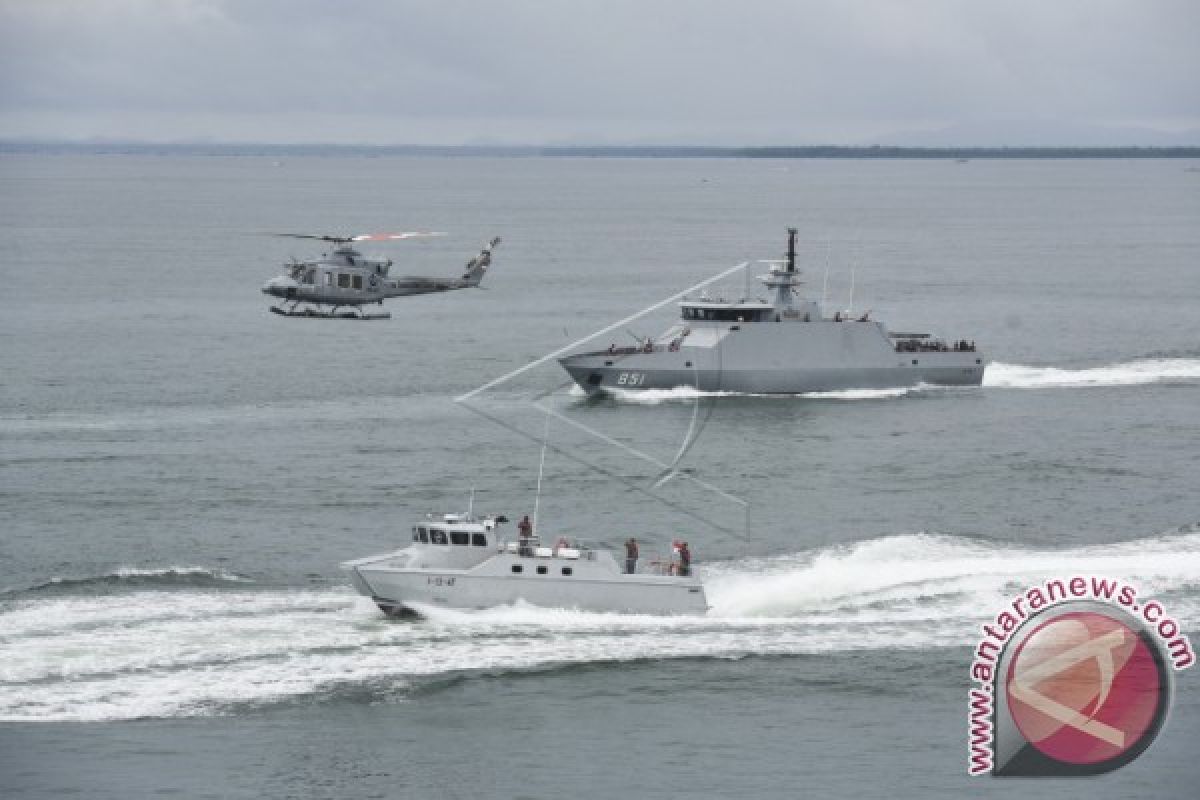
Parade unsur Satgas Trilateral Maritim Patrol (TMP) Indomalphi di Perairan Tarakan, Tarakan, Kalimantan Utara. (ANTARA FOTO/Zabur Karuru/Dok).
This is a challenge coming from the elites in Indonesia. However, apart from this hurdle, what is the real hurdle for China's maritime ambition?.


